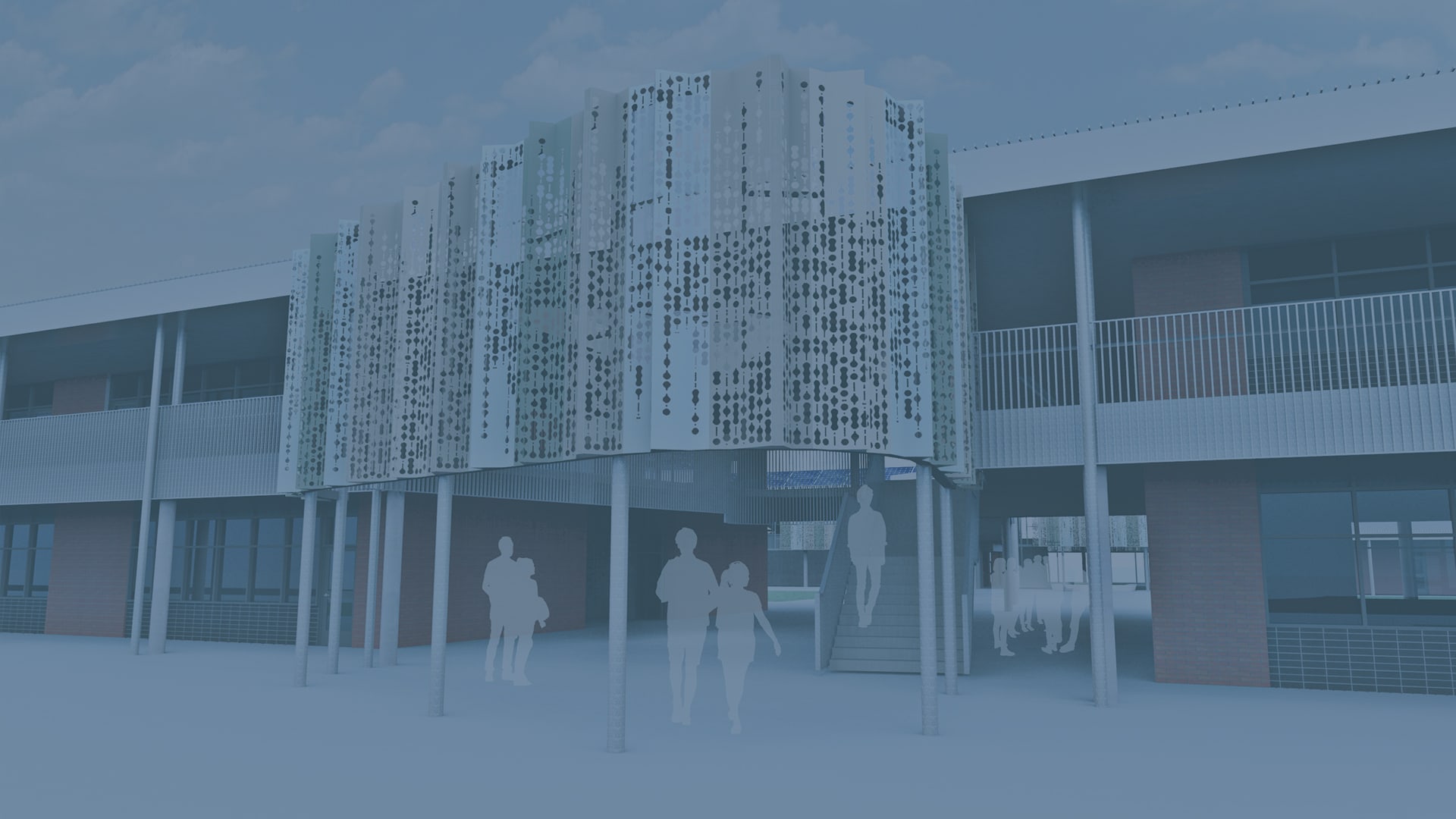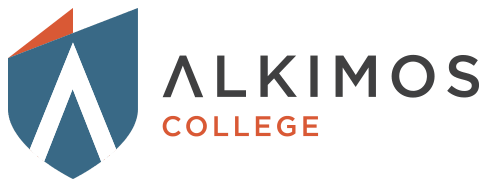
Humanities And Social Sciences
Alkimos College
Humanities and Social Sciences is the study of human behaviour and interaction in social, cultural, environmental, economic and political contexts. Humanities and Social Sciences has a historical and contemporary focus, from personal to global contexts, and considers opportunities and challenges for the future.
Humanities and Social Sciences Comprises four subjects: Civics and Citizenship, Economics and Business, Geography and History.
By studying Humanities and Social Sciences, students will develop the ability to question; think critically; make decisions based on evidence; devise proposals for actions; and communicate effectively.
Thinking about, reflecting on, and responding to issues requires an understanding of the key historical, geographical, political, legal, economic, business and societal factors involved, and how these different factors interrelate. The Humanities and Social Sciences subjects provide students with the knowledge and skills they need to develop a broad understanding of the world in which we live and how people can participate as active and informed citizens in the 21st century.
Aims
HaSS develops in students:
- a deep knowledge and sense of wonder, curiosity and respect for places, people, cultures, events, ideas and environments throughout the world
- a lifelong sense of belonging to, and engagement with, civic life, with the capacity and willingness to be informed, responsible, ethical and active participants in society at a local, national and global scale
- a knowledge, understanding and an appreciation of the past and the forces that shape society
- the ability to think critically, solve problems, make informed decisions and propose actions in relation to real-world events and issues
- enterprising behaviours and capabilities that enable them to be active participants and decision-makers in matters affecting them, which can be transferred into life, work and business opportunities
- an understanding of, and commitment to, the concepts of sustainability to bring about equity and social justice
- a knowledge and understanding of the connections among the peoples of Asia, Australia and the rest of the world.
Content Structure
Knowledge and understanding
Humanities and Social Sciences knowledge refers to the facts, principles, concepts, theories and models as developed in each of the subjects. This knowledge is dynamic and its interpretation can be contested, with opinions and conclusions supported by evidence and logical argument.
The key concepts are the high-level ideas involved in teaching students to think from a Humanities and Social Sciences perspective. Figure 1 identifies the key concepts for the learning area.
Humanities and Social Sciences understanding is the ability to see relationships between aspects of knowledge and construct explanatory frameworks to illustrate these relationships. It is also the ability to apply this knowledge to new situations or to solve new problems.
Humanities and Social Sciences skills
This strand includes a range of skills that are common to all four subjects. These skills can be taught discretely or as part of an inquiry approach. Inquiry is not necessarily implemented in a linear fashion and not all investigations will involve all skills. Moreover, there may be different entry points where the skills are employed as part of an inquiry process.
At Alkimos College our students work together to foster creativity and innovation to create empowered individuals. We provide a safe and inclusive environment where ‘hands on’ and ‘minds on’ learning experiences are embedded in everyday college life. Our staff and students strive for excellence and grow with our community to cultivate a culture of high quality teaching and learning.
Year 7 Syllabus
In Year 7, Humanities and Social Sciences consists of civics and citizenship, economics and Business, Geography and History.
Students develop increasing independence in critical thinking and skill application, which includes questioning, researching, analysing, evaluating, communicating and reflecting. They apply these skills to investigate events, developments, issues, and phenomena, both historical and contemporary.
Students continue to build on their understanding of the concepts of the Westminster system and democracy by examining the key features of Australia’s democracy, and how it is shaped through the Australian constitution and constitutional change. The concepts of justice, rights and responsibilities are further developed through a focus on Australia’s legal system.
An understanding of the concepts making choices and allocation is further developed through a focus on the interdependence of consumers and producers in the market, the characteristics of successful businesses, including how specialisation and entrepreneurial behaviour contributes to business success. Work and work futures are introduced, as students consider why people work. Students focus on national issues, with opportunities for the concepts to also be considered in relation to local community or global issues where appropriate.

